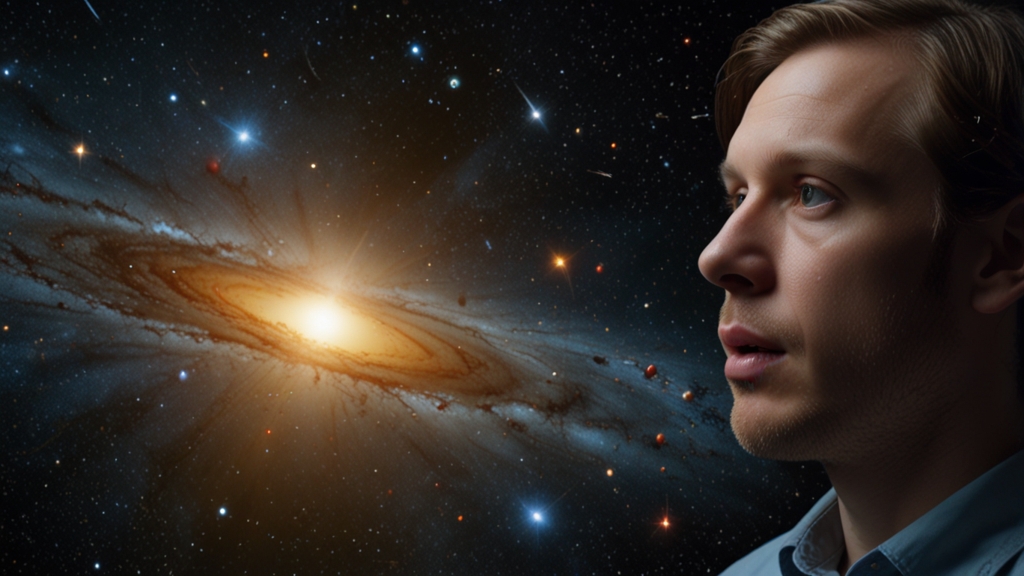Epistemology: The Key to Unlocking Human Consciousness
Epistemology, the branch of philosophy concerned with the theory of knowledge, holds the key to unlocking the mysteries of human consciousness. By understanding the nature, origin, and limits of human knowledge, epistemology can offer profound insights into how we perceive and interact with the world around us. This article explores the intricate relationship between epistemology and human consciousness, shedding light on why this philosophical discipline is crucial for our understanding of the self and the universe.
The Foundations of Epistemology
Epistemology seeks to answer fundamental questions such as: What is knowledge? How is knowledge acquired? What do people know? How do we know what we know? Philosophers have pondered these questions for centuries, developing various theories and frameworks to explain the complex processes of cognition and perception.
Rationalism and empiricism are two dominant schools of thought in epistemology. Rationalists argue that knowledge is primarily derived from reason and intellectual deduction. Empiricists, on the other hand, believe that knowledge comes from sensory experience and observation. Both perspectives offer valuable insights into the ways humans understand and process information.
“The only true wisdom is in knowing you know nothing.” ― Socrates
Human Consciousness: An Epistemic Enigma
Human consciousness, the state of being aware of and able to think about one's own existence, is one of the most enigmatic phenomena in both philosophy and science. Consciousness encompasses various aspects such as awareness, perception, self-reflection, and intentionality. Despite significant advances in neuroscience and cognitive science, the exact nature of consciousness remains elusive.
Epistemology plays a crucial role in unraveling the mysteries of consciousness by examining how we acquire and validate knowledge about our own mental states. It challenges us to consider whether our subjective experiences can be truly known or if they are inherently limited by our perceptual and cognitive constraints.
“The greatest way to live with honor in this world is to be what we pretend to be.” ― Socrates
The Intersection of Epistemology and Consciousness Studies
The intersection of epistemology and consciousness studies is a fertile ground for interdisciplinary research. By integrating philosophical analysis with empirical findings from psychology, neuroscience, and artificial intelligence, scholars can develop a more comprehensive understanding of the human mind.
For instance, the study of qualia, the subjective qualities of conscious experience, bridges epistemology and cognitive science. Philosophers like David Chalmers have argued that understanding how and why we experience qualia is essential to solving the "hard problem of consciousness." Epistemology provides the tools to critically examine the assumptions and methodologies used in scientific investigations of the mind.
Epistemic Challenges and Opportunities
Epistemology also addresses several challenges that are central to our pursuit of knowledge about consciousness. One such challenge is the problem of other minds—how can we know that other individuals possess consciousness similar to our own? This question leads to broader inquiries about empathy, morality, and social cognition.
Moreover, advances in artificial intelligence and machine learning present new epistemic opportunities and dilemmas. As AI systems become increasingly sophisticated, questions arise about the nature of machine consciousness and whether machines can possess genuine understanding or awareness. Epistemological analysis is vital in navigating these complex issues, ensuring that ethical considerations are grounded in a robust theoretical framework.
Conclusion: The Path Forward
In conclusion, epistemology is not merely an abstract philosophical endeavor but a practical key to unlocking the depths of human consciousness. By rigorously examining the nature and limits of knowledge, epistemology helps us navigate the complexities of our mental lives and our understanding of the broader reality. It encourages a reflective and critical approach to the questions that define our existence, pushing the boundaries of what it means to know and be conscious.
As we continue to explore the uncharted territories of the human mind, the insights gained from epistemology will remain indispensable. Whether we seek to understand the mysteries of subjective experience or grapple with the implications of artificial intelligence, epistemology provides the foundation upon which our pursuit of knowledge and self-awareness rests.










